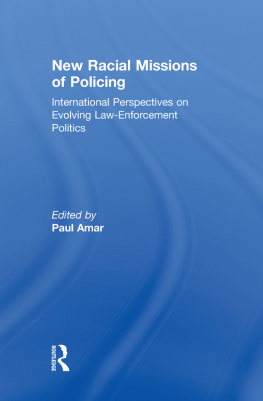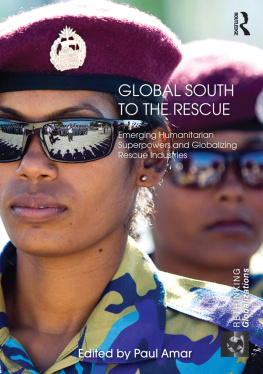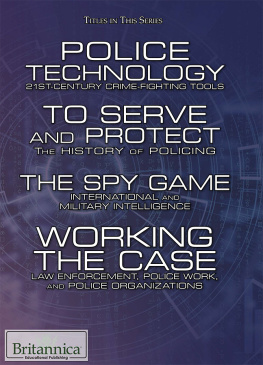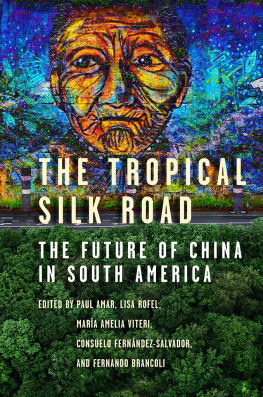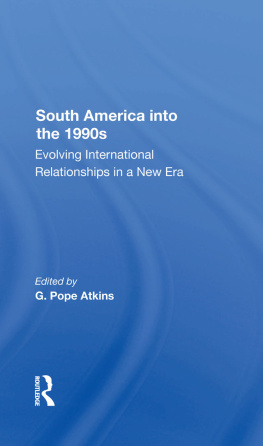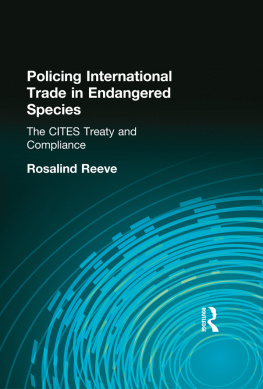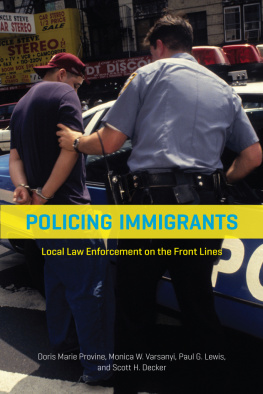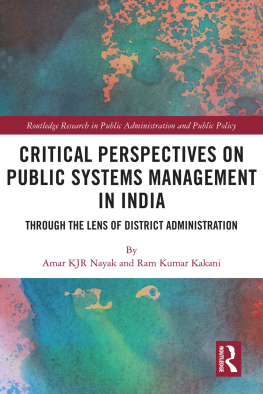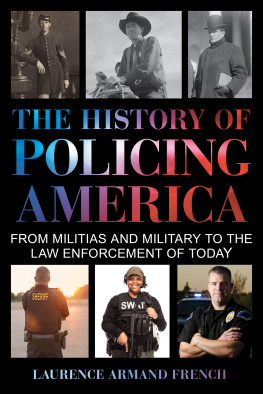New Racial Missions of Policing
This book identifies new formations ofrace, racism and ethnicity at the intersection ofneoliberalism, security, urban governance and the law through a comparative, international analysis ofpolice organizations and practices. It pushes analytical and theoretical boundaries by examining racialization and ethnicization in locations where the topic is politically taboo, such as in China, India and France, and where racial and ethnic hierarchies have supposedly been banished to the past, as in Bosnia and South Africa.
This book also examines police and security services not as mere artefacts of state authority or the prerogatives of capitalist development, but as relatively autonomous and uniquely productive intersections ofnew kinds ofstate, social and cultural formations that are remaking race, embodiment, fear and control on their own terms.
This book was published as special issue of Ethnic and Racial Studies
Paul Amar is Associate Professor in the Global & International Studies Program, with appointments in Sociology, Feminist Studies, Latin American Studies and Middle East Studies, at the University of California, Santa Barbara.
First published 2011 by Routledge
2 Park Square, Milton Park, Abingdon, Oxon, OX14 4RN
Simultaneously published in the USA and Canada
by Routledge
711 Third Avenue, New York, NY 10017
Routledge is an imprint of the Taylor & Francis Group, an informa business
2011 Taylor & Francis
This book is a reproduction of Ethnic and Racial Studies, vol. 33, issue 4. The Publisher requests to those authors who may be citing this book to state, also, the bibliographical details ofthe special issue on which the book was based
Typeset in Times New Roman by Value Chain, India
All rights reserved. No part ofthis book may be reprinted or reproduced or utilised in any form or by any electronic, mechanical, or other means, now known or hereafter invented, including photocopying and recording, or in any information storage or retrieval system, without permission in writing from the publishers.
British Library Cataloguing in Publication Data
A catalogue record for this book is available from the British Library
First issued in paperback 2013
ISBN13: 978-0-415-84973-9 (pbk)
ISBN13: 978-0-415-54978-3 (hbk)
Contents
Paul Amar
Dong Han
Joo Costa Vargas and Jaime Amparo Alves
Tony Roshan Samara
Sophie Body-Gendrot
AnnJanette Rosga
Eduardo Moncada
Anasuya Sengupta
Paul Amar is Associate Professor in the Global & International Studies Program, with appointments in Sociology, Feminist Studies, Latin American Studies and Middle East Studies, at the University of California, Santa Barbara.
Jaime Amparo Alves is a PhD candidate in social anthropology at the University of Texas at Austin.
Sophie Body-Gendrot is Professor at the University of Paris IV (La Sorbonne), and serves as Director of the Center for Urban Studies.
Dong Han is a doctoral candidate at the Institute of Communications Research, University of Illinois at Urbana-Champaign.
Eduardo Moncada is a PhD candidate in the Department of Political Science and a Graduate Program in Development Fellow at the Watson Institute for International Studies, both at Brown University.
AnnJanette Rosga, PhD, is a sociologist specializing in gender, ethnicity and security sector reform. She serves as Director of the UN Office at the Womens International League for Peace and Freedom.
Tony Roshan Samara is Assistant Professor in the Departments of Sociology and Anthropology at George Mason University.
Anasuya Sengupta is completing her D. Phil in Politics from the University of Oxford, and is the Regional Program Director for Asia and Oceania at the Global Fund for Women.
Joo Costa Vargas is Associate Professor of Anthropology at the University of Texas at Austin.
Introduction: New Racial Missions of Policing
PAUL AMAR
Why do police worldwide continue to reproduce race, racism and ethnic conflicts even as more members from historically stigmatized groups participate in policing, and as states adopt explicitly post-colonial, antiracist policy agendas? Why do new policing practices and technologies affirm racial, caste and ethnic distinctions even as diversity and antiracial profiling campaigns become central to defining norms of police professionalism in every world region? In this introduction to this collection, I will begin by acknowledging how the intersections of policing and race have returned to the forefront of public and academic concern in the US and UK. I then provide context by highlighting the gaps in the literature that this set of contributions addresses. I conclude by sketching the outline of a comparative, international framework for studies of race and ethnicity that aims to offer fresh avenues for scholarship and policy-making.
Policing and racialization of rural migrant workers in Chinese cities
DONG HAN
This article examines policing practices that produce forms of race-like status for rural migrants in Chinese cities. I analyse new forms of natural attributes-based discrimination and regulation of the rural-urban divide based on hukou, the body of laws that control household registration and movement of workers within Chinas developing urban industrial order. I argue that rural migrant workers are policed in cities through a process by which new disadvantageous racializing identifications take shape, reinforcing stereotypes of rural migrants bodily features. This research applies critical race theory to issues generally analysed through the lens of class. Contextualizedwithin Chinas market-oriented reform, economic growth and social transformations, this approach to racialization endeavours to understand the intricate cultural and material aspects of rural-urban migration in China.
Geographies of death: an intersectional analysis of police lethality and the racialized regimes of citizenship in So Paulo
JOO COSTA VARGAS AND JAIME AMPARO ALVES
This paper presents an intersectional analysis of police lethality in the city of So Paulo. We deploy the concept of geography of death to investigate the multi-layered aspects of state-sanctioned lethal violence perpetrated by, but not limited to, the police force. This entails a consideration of at least three types of factor: actual violent acts, their symbolic dimensions and the historical and structural conditions within which violence emerges. Based on of ficial data from the Brazilian state we argue that there is a perverse correlation between vulnerability to death and new racial formations, as they intersect with social class, age, gender, and place. Thus, the distinctive social geographies of So Paulo not only provide the context, but also define the very nature, frequency and experience of police violence. Ultimately, we argue, police lethality is a manifestation of the police and the states complicity in reproducing boundaries of privilege and exclusion.
Order and security in the city: producing race and policing neoliberal spaces in South Africa
TONY ROSHAN SAMARA
This paper examines the reproduction of racialized urban spaces in post-apartheid South Africa through a case study of the Central City Improvement District in Cape Town. Urban neoliberalism provides mechanisms of governance that reproduce spaces generated by apartheid under conditions of democracy. My focus is on private policing and the regulation of the central city through the socio-spatial ordering of downtown in ways that secure the interests of property owners and more affluent consumers. Private policing in this context produces a form of social ordering based on emerging conceptions of racialized citizenship linked to market access. It works to exclude or tightly regulate the black urban poor, who are unable to participate freely in this quasi-public neoliberal space, and to remove these undesirable elements back into the townships. In doing so, it contributes to reproducing the spatial segregation and the racial identities of the apartheid period.

